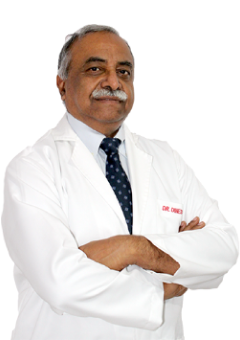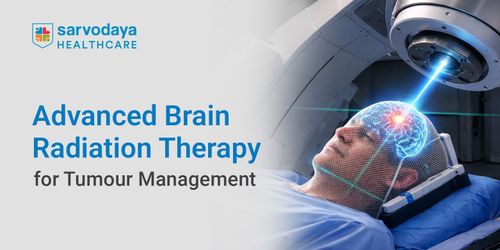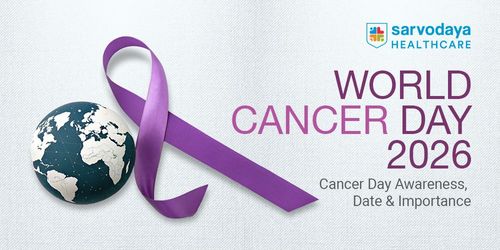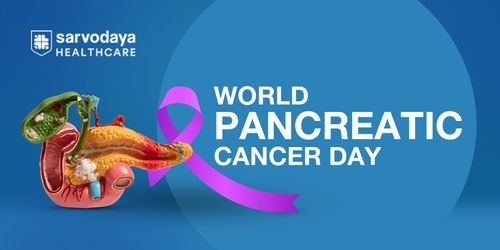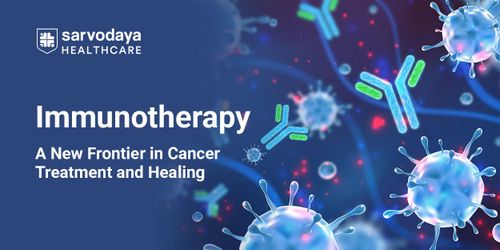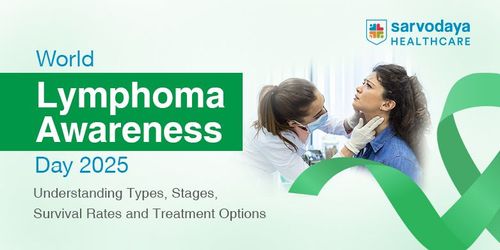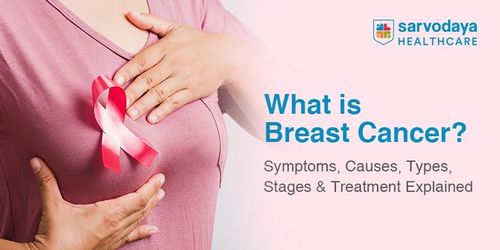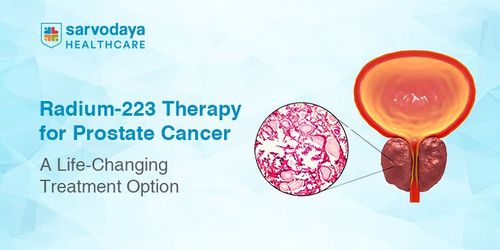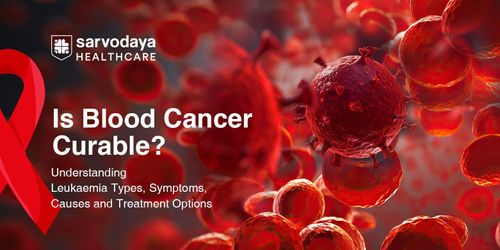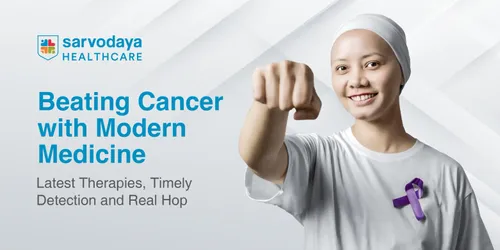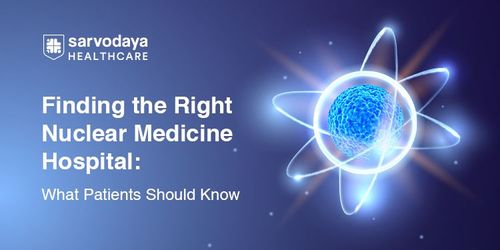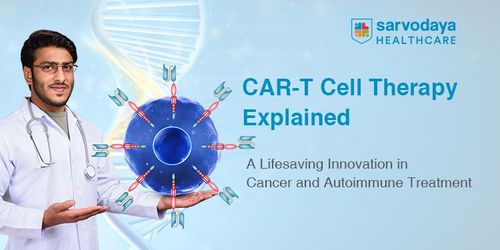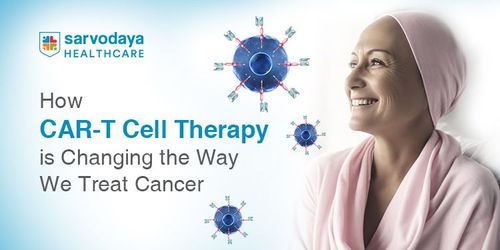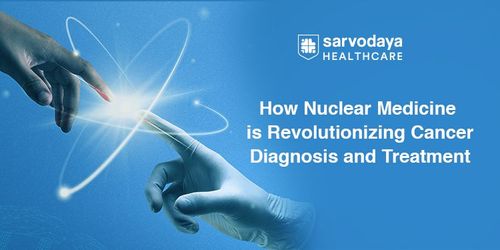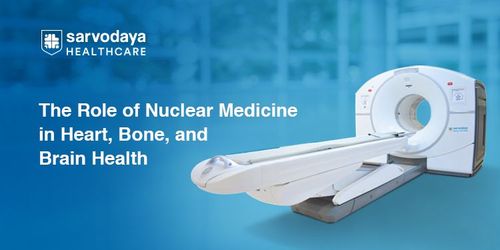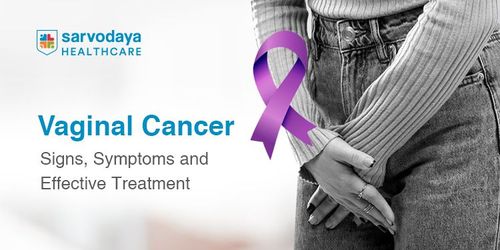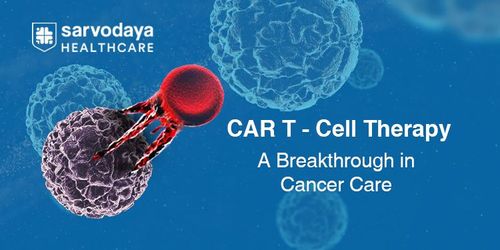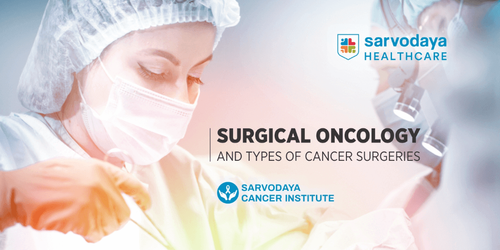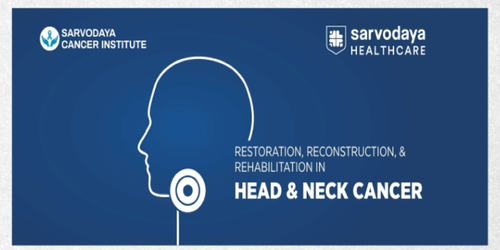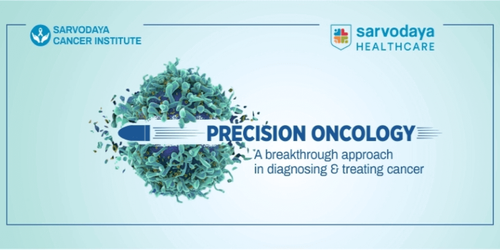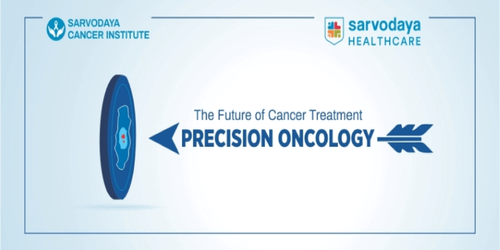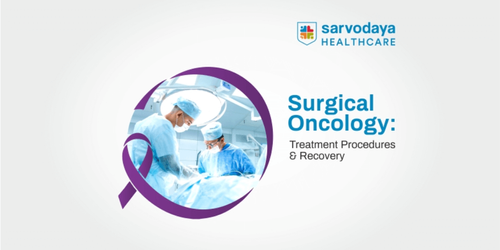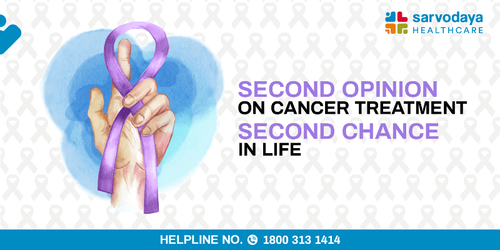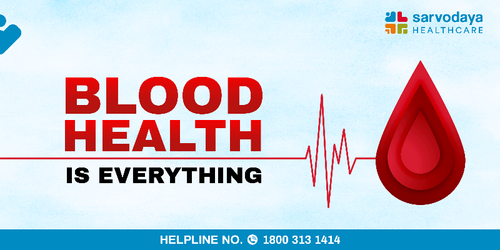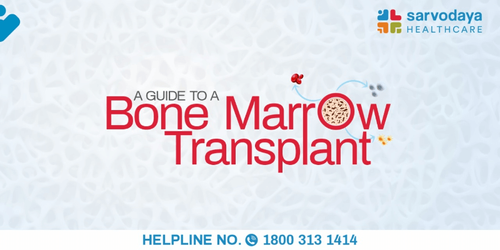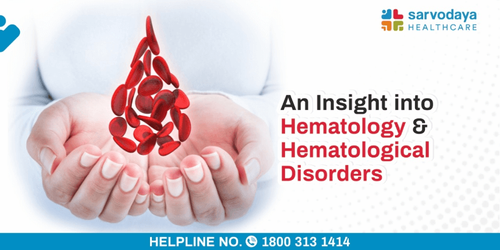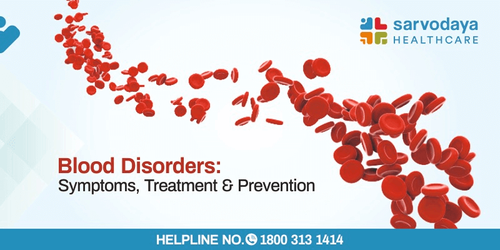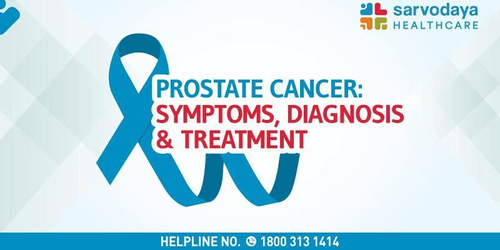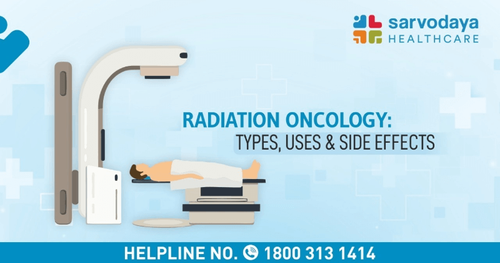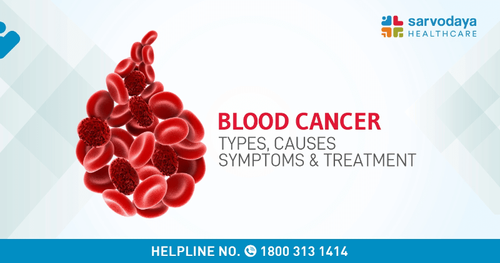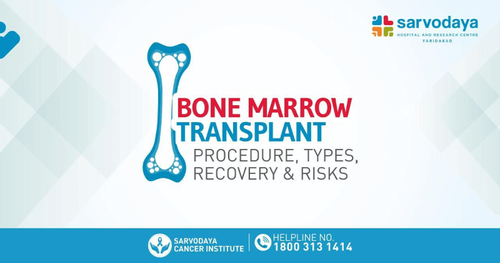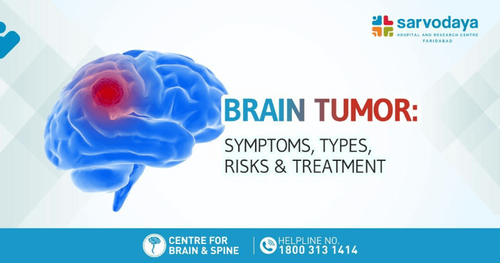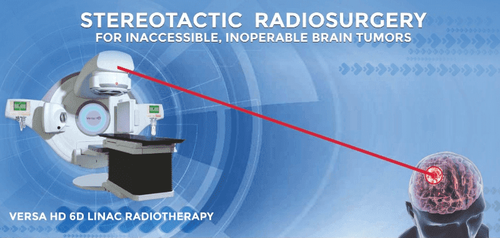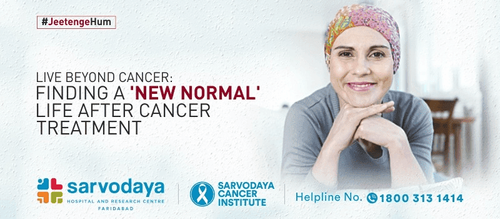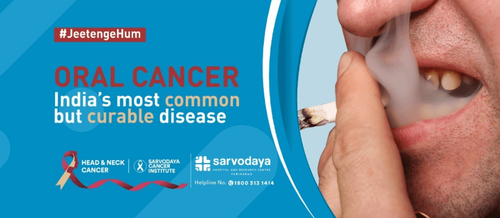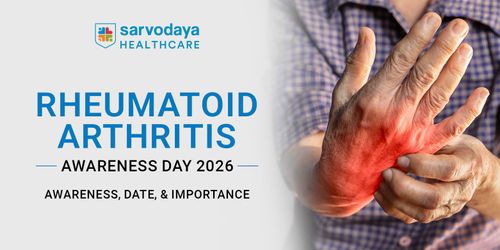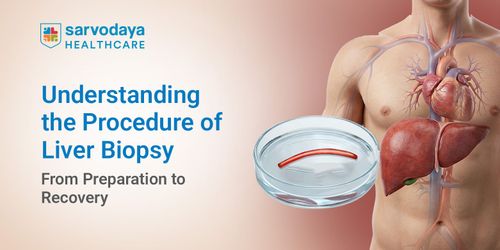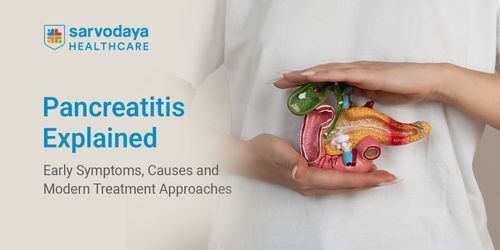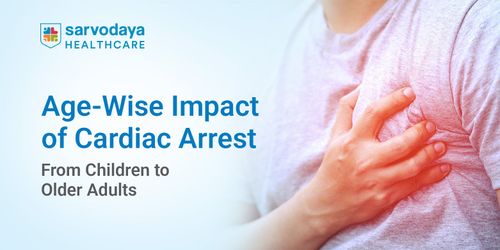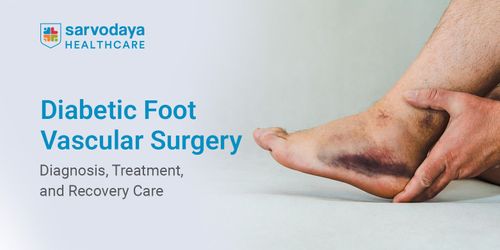World Lung Cancer Day 2025 is an annual global reminder of one of the deadliest forms of cancer, which is rapidly increasing in the population. Lung cancer affects millions of lives and is responsible for a significant percentage of cancer-related deaths. Regardless of its severity, there is still a relatively poor awareness regarding its prevention and treatment in most communities.
In this blog, we explore why Lung Cancer Day matters, the major risk factors associated with lung cancer, early signs and symptoms to look out for, and how technological advancements like robotic cancer surgery are changing the outlook for patients.
Understanding Lung Cancer: Causes and Risk Factors
Lung cancer is a disease marked by the uncontrolled growth of abnormal cells in one or both lungs. These cells can lead to tumours, which interfere with normal lung functioning, making breathing difficult and reducing the amount of oxygen supply reaching the body.
Here are the most common causes and risk factors contributing to lung cancer:
- Smoking: The leading cause of lung cancer. Tobacco smoke contains more than 60 known carcinogens.
- Second-hand Smoke Exposure: Passive smoking can significantly raise the risk, especially in children and non-smokers.
- Environmental Exposure: Long-term exposure to radon gas, asbestos, air pollution and certain workplace chemicals can increase the risk.
- Genetics: A family history of lung cancer may make individuals more vulnerable.
- Pre-existing Lung Conditions: People with chronic obstructive pulmonary disease (COPD) or pulmonary fibrosis are at higher risk.
- Lifestyle and Diet: Poor nutrition, sedentary habits and excessive alcohol intake may indirectly contribute.
Signs and Symptoms: When to See a Lung Cancer Specialist
The symptoms of lung cancer can be subtle in the initial stages, which often leads to delayed diagnosis. However, recognising the signs early and consulting a lung cancer specialist can change the outcome significantly.
Here are the key signs and symptoms that should not be overlooked:
- Persistent cough lasting more than a few weeks
- Chest pain, especially when breathing or coughing
- Shortness of breath or wheezing
- Coughing up blood
- Unexplained weight loss and fatigue
- Hoarseness or voice changes
- Recurrent respiratory infections, such as bronchitis or pneumonia
Diagnosis and Early Detection: A Life-Saving Approach
Early detection of lung cancer can significantly improve survival rates. Many patients are diagnosed at an advanced stage, limiting the treatment options. However, advances in diagnostic tools now make it possible to identify lung cancer in its earliest stages.
Here are some modern methods used for early detection:
- Low-dose Computed Tomography (LDCT): Recommended for high-risk individuals, such as heavy smokers or people with a family history.
- PET-CT Scans and MRIs: Used to determine the extent of cancer and check for metastasis.
- Bronchoscopy: A procedure where a camera is used to collect tissue samples by inserting it into the airways.
- Biopsy and Molecular Testing: Helps in identifying specific genetic mutations to guide treatment.
Early-stage diagnosis makes patients eligible for advanced procedures like robotic cancer surgery, which is far less invasive and offers better outcomes.
Treatment Options: From Conventional to Robotic Lung Cancer Surgery
Lung cancer treatment depends on several factors, including the type, stage, overall health of the patient and molecular profile of the tumour. Fortunately, over the years, treatment advancements have improved survival rates and reduced side effects over time.
Here are the primary treatment options for lung cancer:
- Surgery: In the early stages, removing the tumour through surgery can be curative. Minimally invasive techniques, including robotic cancer surgery, are now widely preferred for their accuracy and reduced recovery time.
- Chemotherapy: Drugs are used to kill cancer cells or to prevent their growth, often in combination with other therapies.
- Radiation Therapy: High-energy rays are used to kill cancer cells or shrink tumours before surgery.
- Immunotherapy: Helps the immune system recognise and attack cancer cells more effectively.
- Targeted Therapy: Drugs designed to target specific genetic mutations in cancer cells, offering highly personalised treatment.
Patients are managed by skilled oncologists who closely monitor response and adjust treatment accordingly, often with the help of sophisticated technologies.
Support and Recovery: Healing Beyond Medicine
While medical treatment plays a vital role, true recovery from lung cancer also includes emotional, psychological and lifestyle support. Coping with the diagnosis and treatment can be overwhelming, and it ensures the patient’s overall well-being.
Support during recovery may include:
- Counselling and Therapy: Professional support helps patients and families deal with anxiety, depression and stress related to cancer.
- Nutritional Guidance: Proper diet helps in healing and assists in managing the side effects of the treatment.
- Physical Rehabilitation: Exercise and breathing therapy improve lung function and energy levels post-treatment.
- Support Groups: Sharing experiences with fellow survivors can provide strength and motivation.
- Follow-up Care: Regular check-ups to detect recurrence and manage long-term health.
Conclusion:
World Lung Cancer Day 2025 is more than a date on the calendar. It is a powerful call to action, a wake-up call that awareness, early detection and access to the right treatment can save lives. As we mark this important occasion, it is essential to acknowledge that lung cancer is no longer a silent killer. Patients can find their way back to health with the right information and support.
At Sarvodaya Hospital, Faridabad, a premier cancer hospital in Delhi NCR, patients receive advanced care across every stage of the cancer journey. The hospital has some of the finest cancer doctors in Delhi NCR, state-of-the-art diagnostic tools and personalised treatment strategies. The hospital stands out for its commitment to excellence. Book an appointment today and take the first step towards timely care, recovery and peace of mind.
Let this lung cancer day serve as a prompt to educate ourselves and those around us - because early action and awareness can truly make all the difference.



